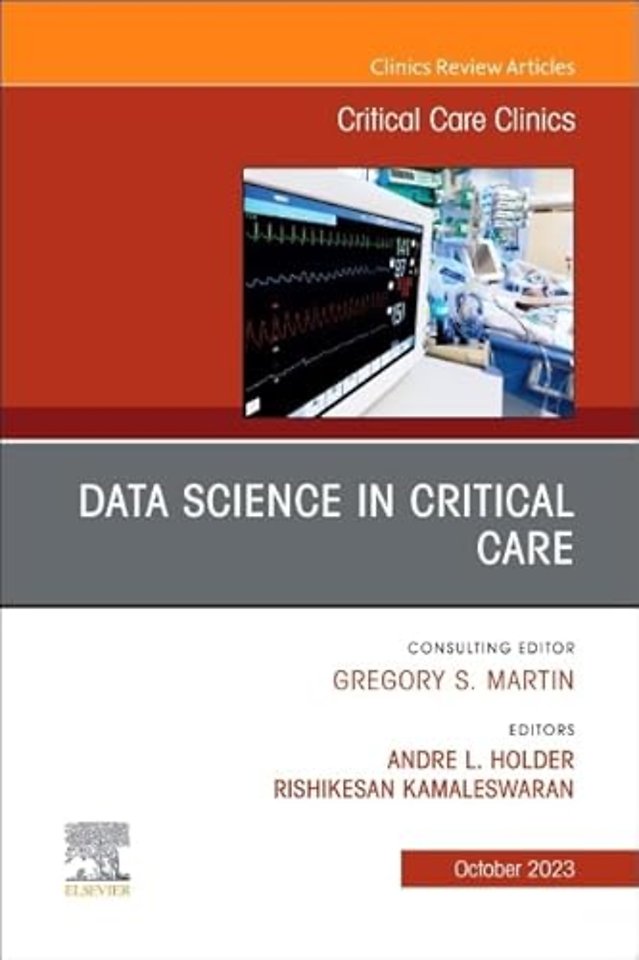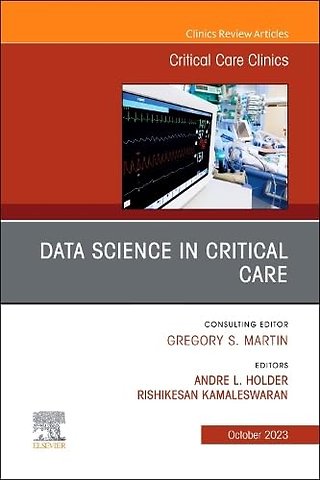Data Science in Critical Care, An Issue of Critical Care Clinics
Gebonden Engels 2023 9780443181931Samenvatting
In this issue of Critical Care Clinics, guest editors Drs. Rishikesan Kamaleswaran and Andre L. Holder bring their considerable expertise to the topic of Data Science in Critical Care. Data science, the field of study dedicated to the principled extraction of knowledge from complex data, is particularly relevant in the critical care setting. In this issue, top experts in the field cover key topics such as refining our understanding and classification of critical illness using biomarker-based phenotyping; predictive modeling using AI/ML on EHR data; classification and prediction using waveform-based data; creating trustworthy and fair AI systems; and more.
Contains 15 relevant, practice-oriented topics including AI and the imaging revolution; designing “living, breathing clinical trials: lessons learned from the COVID-19 pandemic; the patient or the population: knowing the limitations of our data to make smart clinical decisions; weighing the cost vs. benefit of AI in healthcare; and more.
Provides in-depth clinical reviews on data science in critical care, offering actionable insights for clinical practice.
Presents the latest information on this timely, focused topic under the leadership of experienced editors in the field. Authors synthesize and distill the latest research and practice guidelines to create clinically significant, topic-based reviews.
Specificaties
Lezersrecensies
Inhoudsopgave
Rubrieken
- advisering
- algemeen management
- coaching en trainen
- communicatie en media
- economie
- financieel management
- inkoop en logistiek
- internet en social media
- it-management / ict
- juridisch
- leiderschap
- marketing
- mens en maatschappij
- non-profit
- ondernemen
- organisatiekunde
- personal finance
- personeelsmanagement
- persoonlijke effectiviteit
- projectmanagement
- psychologie
- reclame en verkoop
- strategisch management
- verandermanagement
- werk en loopbaan

